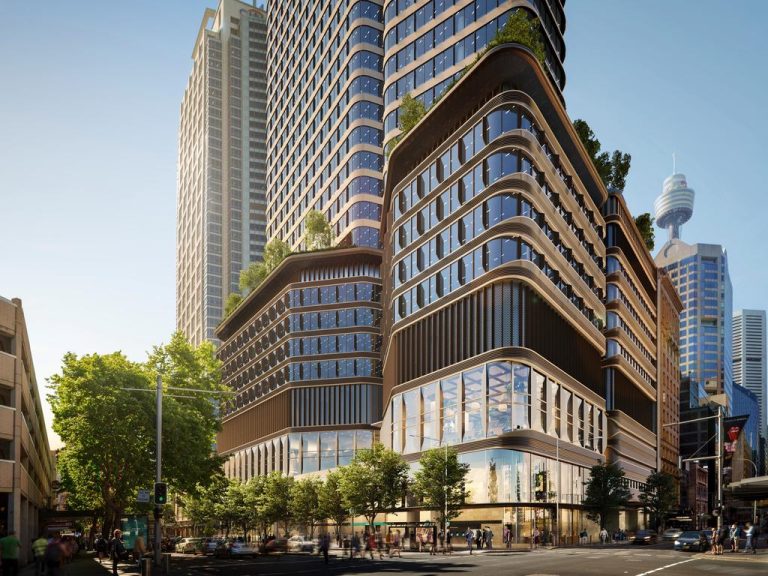Interest rate rises puts credit squeeze on specialist assets

Caravan parks, service stations and warehousing for specialised manufacturing are just some of the assets struggling to get the funds needed to get projects over the line. Picture: Alan Barber
Developers working on specialised projects are finding it increasingly difficult to obtain credit from Australia’s risk-averse large bank lenders in the face of rising interest rates.
Caravan parks, service stations and warehousing for specialised manufacturing are just some of the assets struggling to get the funds needed to get projects over the line.
The managing director of IBN Private – one of the country’s largest private lending firms operating in the property sector – Scott Roberts does not see credit getting any easier to get in the next 12 months.
“We’ve got one project we are lending on at the moment who hasn’t been able to obtain funding anywhere because it is such a specialised security. Low LVR (loan-to-value ratio), good location but because of its nature, if that goes into default, who do you sell it to?” Mr Roberts.
“They’ve probably been to 50 mortgage brokers, 100 lenders and then he’s come to us. Like many other deals we see, they are sometimes good developments that the lender just doesn’t or cannot get their head around. Having lenders or investors who understand your project and are willing to work through difficult times is becoming a must.”
The latest construction boom has turned out to be largely profitless for developers and builders as a result of surging costs from supply chain issues stemming from pandemic lockdowns and the war in Ukraine.
The potential impact of interest rates, inflation, input costs and general market conditions are taken into account when each of the big banks assess lending proposals for commercial projects. But the cost of accessing trades and securing materials are the current key levers when deciding a developer or builder’s capacity to borrow.
Commonwealth Bank commercial banking executive general manager Mark Couter said that projects from commercial property investors and developers are actively being considered across a wide variety of asset classes and markets.
“Over the past 12 months we have been closely monitoring construction costs,” Mr Couter said. “We are working with our customers on a forward-looking basis, to help assess working capital requirements and support them with working capital financing solutions as they manage through longer cycles.”







